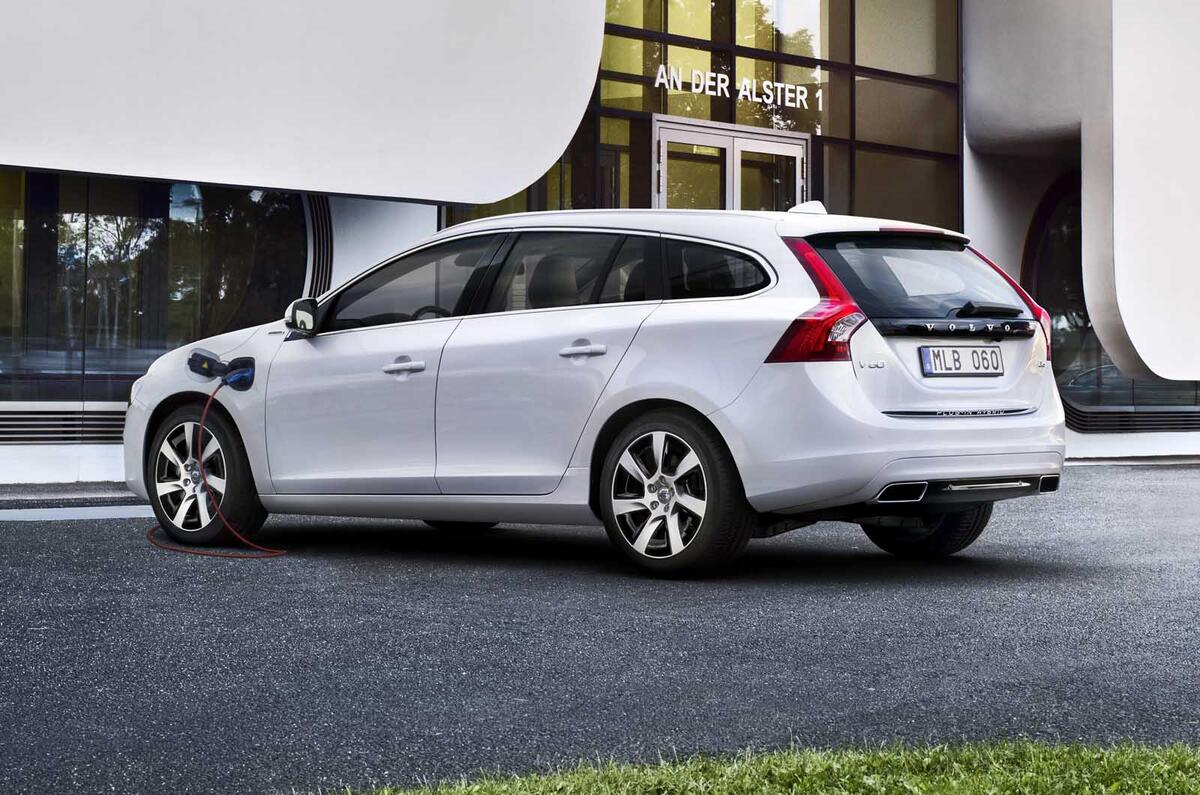Maserati boss Harald Wester's proclamation that electrification of cars is "nonsense" proved to be a Shanghai show-stopper.
China, after all, is supposed to be the home of the electric car and a prime mover behind the philosophy. Government initiatives push the technology hard, and sales, while well below expectations, are at least in numbers you need more than two hands to count.
But, as you can read here, Wester backed his assertions with facts, producing numbers which demonstrated the average CO2 outputs of the power stations producing the electricity for electric cars, showing that they typically exceed the best petrol and diesel engines can offer.
There are at least two sides to this argument, and an alternative view is expressed by Volvo's chief of product planning Lex Kerssemakers, whose company is currently enjoying greater-than-expected demand for the Volvo V60 plug-in hybrid.
That car, you'll remember, was co-developed with a hydro electric power creator in Sweden, and Kerssemakers argues that such initiatives are key to ensuring electrified cars are authentic.
"I cannot build nuclear power stations or the like to ensure that electric cars are as clean as possible," he says. "But I can do my bit to ensure our part of the equation is as good as it can be.
"So we have a most efficient plug-in hybrid, we are partnered with a clean energy supplier so that customers can use certain charging points knowing the energy was created with minimal pollution. That may not be a large-scale solution yet, but it shows that it can be done."
So who's right? Clearly both men have agendas based in the products they sell, but even splitting that out of the argument doesn't provide a clear-cut answer. What do you reckon?






Join the debate
Add your comment
maxecat wrote: The oil
been at the diesel again? I didn't say they received money from the taxpayer. I said they received subsidies. The fact they contribute tax is irrelevant: Amazon and Google are both "huge tax contributors" but the point is they are not contributing enough.
Stick this up your pipe and try and turn the key:
http://priceofoil.org/...SubsidyGraphicFlyer.pdf
again, it seems that whenever someone else has the upper hand you deliberately and rather obviously fudge what they said. And that's not what I said at all.
If you buy petrol from the local petrol station, what other use do you have for the stuff other than filling your car? That is the question I asked.
I am not saying that petroleum products are useless. That would be silly. I'm saying that the petrol you put into your car at a filling station has one use, i.e. you set fire to it. The electricity in your sockets - assuming you've put your 50p in the meter - runs everything else in your life, meaning that when the time comes, breaking your dependence on remembering which side the filler cap is will be remarkably easy.
I do however remain grateful that you deemed me worthy of putting down your copy of the Daily Mail and typing a response, even if it wasn't really a response at all.
Electric cars
Electric cars are not as bad as the Gasoline/Diesel vehicles, but they too do contribute to global warming to some extent.The reason is that all electrical gadgets do emit Carbon Dioxide and therefore they add to Global Warming in a small way.
Electric cars
The car companies mostly seem to make the mistake of electrifying petrol or diesel cars, they should start from scratch. Refine the hub-motor wheel, dating from 1900 ( Porsche) then the elecronic control and then the electricity supply, batteries charged externally or by a generator, hydrogen/air cell, micro gas turbine or organic diesel at constant rpm.
You then build the passenger cell on top of the power chassis. streamlined of course.